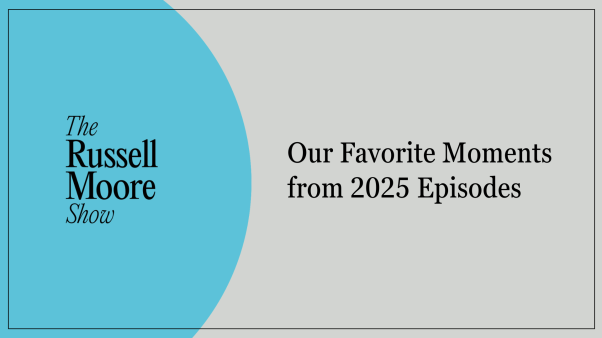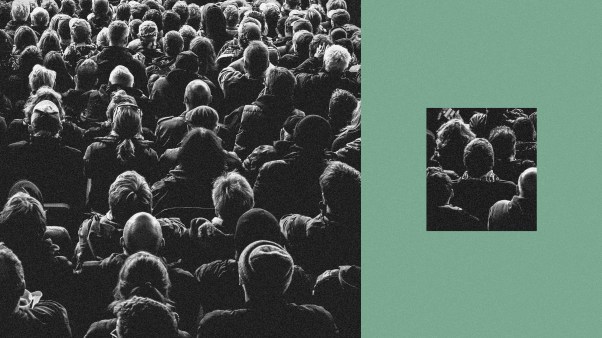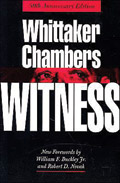 |
Witness Whittaker Chambers (Regnery) |
This beautifully written book not only chronicles the trial of the decade—the Hiss-Chambers trial—but provides a fascinating memoir of one man's difficult life. The big surprise to readers is that Chambers was not merely a witness in a trial, but a witness to much more—including the Christian faith. Chambers's memoir set the standard for others written by onetime American communists who later left the movement.
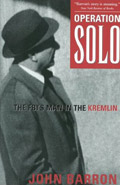 |
Operation Solo: The FBI's Man in the Kremlin John Barron (Regnery History) |
Did you know that the No. 2 man in the Communist Party USA was in truth a spy working for the FBI? Among this book's many revelations is documentation listing the annual subsidy the Kremlin paid to the American Communist Party throughout its existence. Barron's work confirms much of what we've read in memoirs by ex-KGB officials.
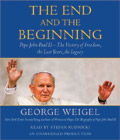 |
The End and the Beginning: Pope John Paul II—the Victory of Freedom, the Last Years, the Legacy George Weigel (Image) |
This captivating look at the end of the Cold War is Weigel's long-awaited sequel to Witness to Hope, his definitive biography of Pope John Paul II, one of the most influential forces in the fall of the Soviet Union. It is a gem of primary source material that only someone with Weigel's unparalleled access could provide.
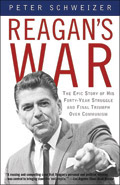 |
Reagan's War: The Epic Story of His Forty-Year Struggle and Final Triumph over Communism Peter Schweizer (Anchor) |
Another figure crucial to the Soviet collapse was Ronald Reagan. Schweizer covers not merely the 1980s, but Reagan's rise in Hollywood in the 1940s, where he was initially a liberal Democrat who had been duped by Communists into joining (unwittingly) some communist front-groups. Needless to say, Reagan underwent quite a conversion.
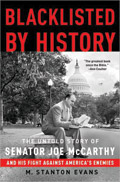 |
Blacklisted by History: The Untold Story of Senator Joe McCarthy and His Fight against America's Enemies M. Stanton Evans (Three Rivers Press) |
Senator Joe McCarthy was one of the most controversial Americans during the Cold War. Not until this recent book has been there a defense of McCarthy so utterly absorbing. This book is truly Evans's life's work. No one can have an opinion of McCarthy (pro or con) without first going through this eye-opening book.
Paul Kengor is professor of political science at Grove City College and author of The Crusader: Ronald Reagan and the Fall of Communism(Harper Perennial, 2007)





